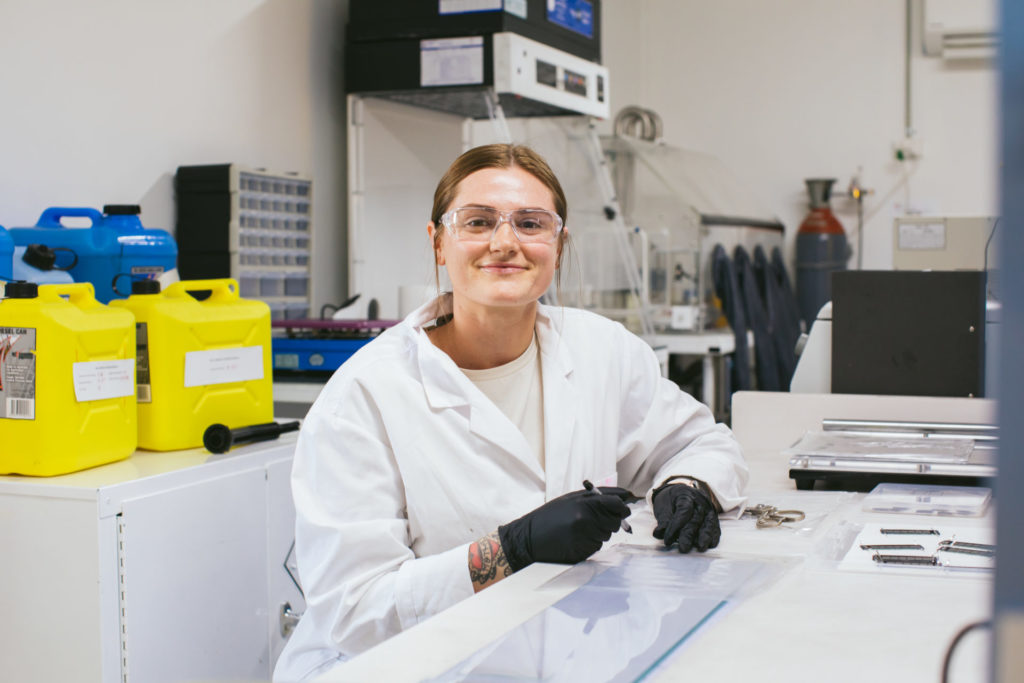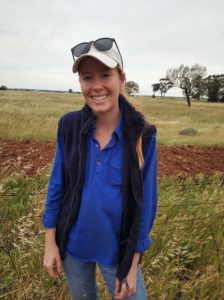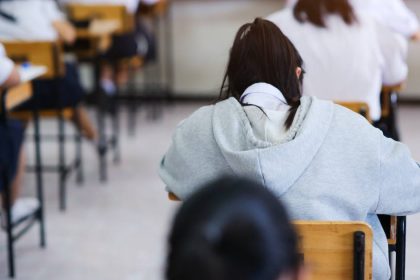In regional towns like Wagga Wagga and Griffith, the development of STEM (science, technology, engineering and maths) industries has the potential to transform the local economy and create new job opportunities for locals. But the journey has its challenges, particularly when it comes to retaining STEM talent.
In response, the New South Wales’ state government has announced its commitment to developing the Wagga Wagga Special Activation Precinct. This ambitious project will create a hub for STEM industries, attracting talented workers and driving innovation.
Solar technology company Greatcell Australia is one of the businesses based at the precinct. It takes advanced solar technology from the lab into production for commercialisation to provide solar cells for defence, agriculture and manufacturing.
Greatcell Australia CEO, Paul Moonie, admits to having some initial recruitment concerns when the pilot plant opened in the region in 2021. But while the COVID-19 pandemic led some metropolitan-based employees to regional areas like Wagga Wagga, this influx eventually slowed.
Finding candidates with technical expertise was a significant challenge. Retaining young people was the other.
“We need to make people aware, young people especially, that there are STEM jobs and opportunities in the regional areas. We must show the younger generation that you can do science in Wagga,” says Mr Moonie.
Read more: Primary + STEM – Helping girls see it and be it
Internship programs like Generation STEM Links can assist regional businesses in attracting young talent and providing them with valuable work experience.
The Commonwealth Scientific and Industrial Research Organisation (CSIRO)-led initiative is a hands-on internship program that pairs NSW students in their second to last to final year of study in STEM degrees and qualifications with industry to allow both sides to learn, connect, and innovate.
The programs can also aid in identifying and hiring potential employees committed to remaining and contributing to the local community.
Greatcell Australia was introduced to Generation STEM Links by Charles Sturt AgriSciences Research and Business Park (AgriPark) and joined the internship program.
“Many students go to metro areas to study Bachelor of Science. But they can get a high-quality science education in Wagga Wagga,” says Mr Moonie. “There are STEM operators that can give them local experience.”
While initially unsure how interns could benefit his business, Mr Moonie and his team agreed to try the program. “I thought it would take a few weeks to train the students, and I’d have to look over their shoulder all the time, but they’ve exceeded our expectations,” he says.
Through Generation STEM Links, the two Charles Sturt University students, Alexandra Bastick and Drew Raynes, had the opportunity to learn valuable skills in a real-world laboratory and assist with refining the technologies in the development stage. During the internship, Ms Bastick worked on cell encapsulation, while Mr Raynes focused on carbon deposition. The program also provided Greatcell senior staff with the opportunity to professionally develop by gaining experience in project and staff management.
Local opportunities helping students experience STEM

Gaining workplace skills through internship programs like Generation STEM Links can help students apply academic knowledge to practical situations and become work ready.
Students learn about the operations of a business, challenges and opportunities it offers, the different roles and responsibilities available – all important knowledge that can help increase their awareness of available pathways.
Ms Bastick, who is from Orange, and Mr Raynes, a resident of Wagga Wagga, both have professional experience and decided to pursue university studies later in life. Their lecturer encouraged them to apply for the Generation STEM Links program.
“I applied because the internship offered industry experience,” says Mr Raynes. “I’m all too familiar with the fact that what you learn in classes and what’s applied in the real world is different.”
Both students emphasised the importance of applying the theoretical knowledge learnt in a practical hands-on setting. “It’s easier to motivate yourself because your readings relate to your work,” he says.
Learning outside of the classroom has also helped Ms Bastick define her interests, with the internship influencing her to pursue honours in biochemistry instead of biology.
They were both offered ongoing employment by Greatcell and the company plans to continue participating in the program, to train – and hopefully retain – local students in the future.
Attracting talent to the Riverina
Regional towns have the potential to attract skilled workers from across Australia, bringing new perspectives, fresh ideas, and driving innovation. One such skilled worker is Kate Smith, originally from Sydney.

Ms Smith is a Bachelor of Agriculture student majoring in plant production at the University of New England, and she recently completed her Generation STEM Links placement in the small farming town of Yenda, just 17 kilometres from Griffith.
“No other graduate programs fitted the bill. There were a lot of gaps and questions. I wouldn’t be the right fit for structured programs with no independence and responsibility,” she says.
The Generation STEM Links placement with Yenda Producers’ Co-operative allowed Kate to gain valuable experience in broadacre, horticulture, and viticulture – a rare opportunity in many regions of Australia.
“This was an opportunity of a lifetime,” Ms Smith says.
Since completing her placement, she has accepted a full-time position with the organisation’s horticultural team and now plans to stay in Griffith for at least five to 10 years, with a professional goal to work up to the level of a senior horticulturalist or agronomist position at the organisation.
“Yenda is a great region, and the Yenda Producers’ Co-operative is a supportive workplace for me as a student. They provide me with independence, which suits my learning style. I would recommend Generation STEM Links to other students seeking their next step,” says Ms Smith.







